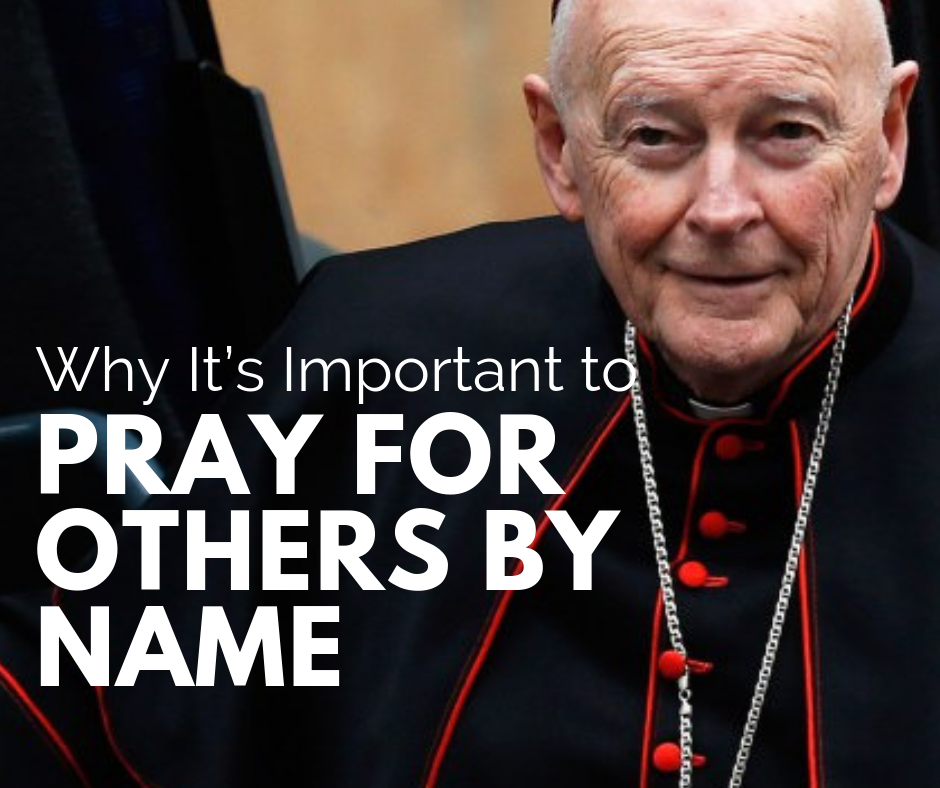Think of the last time that your daily prayer time was truly different. I can’t define for you exactly what that looks like but I imagine that it offered glimpses of:
clarity
listening
lingering in God’s presence
savoring God’s goodness
“Prayer is a burst from my heart, it is a simple glance thrown toward Heaven...”
That moment of prayer may have included your emotions or maybe not. It may have been long or short. It may have been in private or in public. The key is that it was different, even special compared to the churn of our weekly schedules.
How long ago was that time of prayer? And, just as importantly, are you setting yourself up for the next time that God might bless you with a similar experience?
This is not to say that all times of prayer need to be memorable or “special”. After all, each glance of the heart towards heaven is of value. And, fair to say, much of our prayer time is quite ordinary. Simply praying is a big deal. St. Therese of Lisieux said this about prayer, "For me, prayer is a burst from my heart, it is a simple glance thrown toward Heaven, a cry of thanksgiving and love in times of trial as well as in times of joy."
I suspect that if you’re reading this blog, you want something deeper in terms of your prayer life. You already have a daily time of prayer but you long for a richer experience of God’s unbounding love.
“Nothing great is ever achieved without enduring much.”
I know that I do.
If I’m honest though, I am tempted to give God the scraps of my heart. In morning devotional time, I can get sloppy. I’ll start off with the daily Mass readings from the USCCB website and linger with them for a while. But, I let myself get distracted. 15 minutes later and I’ve checked the weather, my local news here in Bethlehem, PA and the latest sports scores from the night before. I’m checking off the “morning prayer” box on my list but I know the truth- it’s sloppy.
We do this in all sorts of other areas of our lives. Think of when you threw two dollars into the collection basket at Church when you knew that your salary could justify much, much more. Or, think of the times when your church asked for help with a particular project and you defaulted to “I’m so busy, someone else will do it”. We are seldom as generous as we ought to be with God.
This isn’t to beat myself up or to be overly scrupulous. It’s just honest. God knows that I want my morning prayer time to be better, to be more whole, more human and more focused. And, He knows that I pray for that grace and resolve to do better the next time. The acknowledgement of the struggle is very, very healthy.
One strategy that helps to overcome digital distraction is the use of physical books- devotionals, spiritual classics and a physical Bible. Another is to avoid hiding your feelings about prayer from God. Tell Him about your struggle. Name it and offer it up to Him. Make a sincere act of faith and see what God does.
Are you honest about your prayer time? Are you noticing patterns that could be improved? Is something not working for you that needs to be put away?
An Act of Faith
Loving God, you know when I open my heart fully to you and when I put up a wall between us. Let me, just for today, bring my whole self to you, even if it’s imperfect. Build me up Jesus into a great saint, that I might consistently bring you my best, especially when I don’t feel like it.








